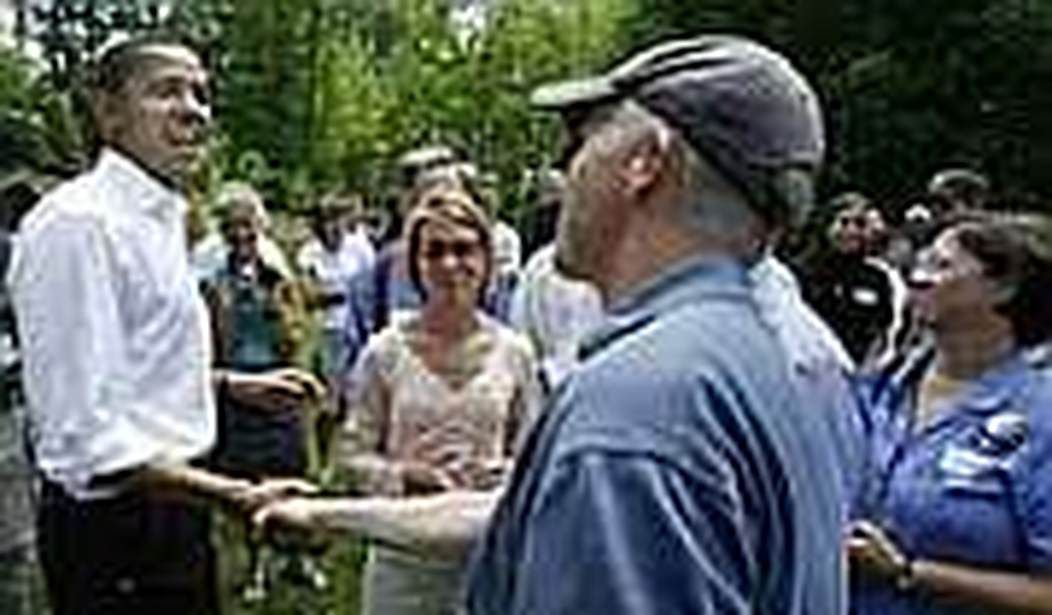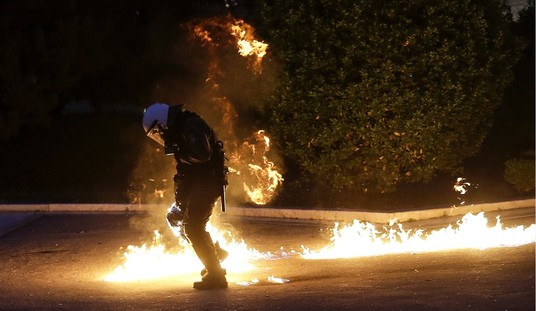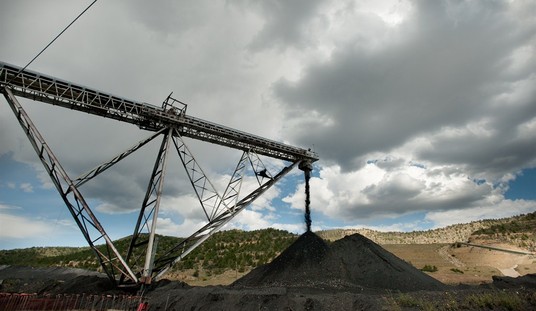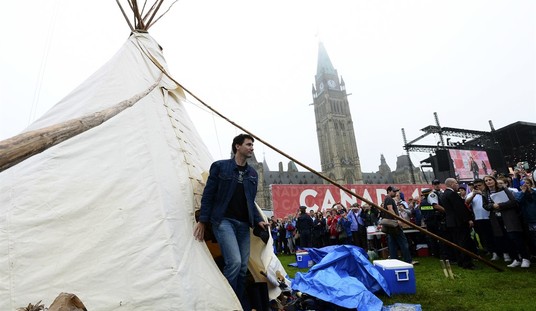I remember the surprise and elation I experienced when I first came to New Hampshire and began to talk with residents of this state about their backgrounds. My face would light up each time I encountered people here who told me that they grew up in Ohio, my home state, or the Midwest. After not much time, however, it became quite apparent that many New Hampshire residents did not actually grow up in this area, rather they found themselves way up north because of a job change or for family reasons. In talking with residents of New Hampshire it also became rather clear that this is a politically divided state, one that is becoming more (unequally) divided each day.
I came to New Hampshire less than a year after the infamous 2004 presidential race so I immediately noticed the lack of Bush/Cheney 2004 stickers here compared to the abundance of them in Ohio. Now don’t get me wrong, counting bumper stickers is by no means a scientifically accurate test for measuring the strength of liberals or conservatives in an area. However, it seems there are just as many “01.20.2009 Bush’s Last Day” bumper stickers up here in this area of New Hampshire as there are Bush/Cheney bumper stickers in my conservative corner of Ohio.
Additionally, it became quite clear rather quickly that social conservatives are a rare breed in this area of the state. After visiting many of the churches in the area, I also found that most adhere to and propagate more socially liberal ideologies. So, not even in most of the churches are there many social conservatives. After some time, however, I began to meet people in a rather conservative church in Vermont (yes, there are churches in Vermont!), and unlike the vast majority of churches in this area, this was not one whose sole purpose seemed to be promoting a social or political agenda. Thus, herein I found what might just be the highest concentration of social conservatives in this area of Vermont and New Hampshire. Furthermore, in talking with some of the politically active members of this church who have been living in this area for many decades, I began to put the pieces of the puzzle together and my questions began to be answered about the political condition of New Hampshire. Here are a couple of my observations:
First, Dartmouth College (where I live currently) is located in Hanover, NH and the school literally sits on the New Hampshire/Vermont border. In fact, on any given day, one is likely to see just as many Vermont license plates in town as he is to see New Hampshire license plates. And in a similar way that Vermonters seem to mix into New Hampshire, so does the ideology of Vermont seem to have slowly permeated the border and embedded itself into New Hampshire. Vermont is a much less politically diverse state than New Hampshire and there are many who have observed western New Hampshire become what is essentially eastern Vermont.
In the May 31st edition of the Boston Globe, Susan Milligan and James Pindell pointed out, for example, that more than 5,000 people showed up for Barack Obama’s appearance at Dartmouth College compared to just several hundred who showed up for McCain, Romney, and Giuliani events earlier this year. This, coupled with the fact that New Hampshire is now controlled by Democrats after the percentage of Republicans in the electorate dropped from 41% in 2004 to 31% in 2006 turning both US House seats and the entire state legislature over to the Democrats, leaves Republicans in quite a predicament.
Second, while the ‘Vermontization’ of western New Hampshire isn’t given as much attention because of the relatively low populations of both states, many have noted the fact that southern New Hampshire is essentially becoming northern Massachusetts. Whether it’s due to population shifts or simply the exchange of ideologies over a short distance (the New Hampshire-Massachusetts border), despite the existent political diversity still in some of New Hampshire, local conservatives are beginning to notice a crisis and more media coverage is being devoted to highlighting the dilemma facing New Hampshire. Conservatives such as Bob Warren, a self-proclaimed moderate Republican and a “dying breed” about whom TIME recently reported, was at a campaign event for Barack Obama where he was out getting a feel for the candidates. He is an example of the New Hampshire Republican, one less concerned about the talking points of the Religious Right than Midwest and Southern conservatives.
New Hampshire residents may just live up to the level of political astuteness that UNH President Mark Huddleston expressed at last week’s debate. And it’s for this reason that New Hampshire liberals are willing to go out to a GOP debate to hear what the candidates have to say and that Republicans are willing to shake hands with John Edwards and Hillary Clinton. Even so, New Hampshire, a state bordered by two extrmely liberal states, is slowly losing its red pigment and conservatives are becoming more socially liberal. Moreover, liberals are beginning to outnumber any conservatives who are left, which is partially what we saw in the GOP debate last Wednesday night.
A lot of buzz arose over the crowd’s mixed reactions to the issues of gay marriage and the war in Iraq at last week’s debate. Many news organizations reported that New Hampshire Republicans are very split on these issues and that Republicans up here might be more open to same-sex marriages than most Republican voters in America. And while it is true that New Hampshire Republicans are the members of the party most likely to support civil unions and to oppose a constitutional amendment banning gay marriage, it must be recognized that there are now such a great number of liberals in this state that the balance is beginning to tip and there were actually a disproportionately high number of liberals in the audience at Wednesday night’s debate.
I know for a fact that no one standing in the immediate proximity around me in the line for the debate (and I had to wait there for almost two hours) was firmly committed to voting for a Republican in the presidential primary. Furthermore, many of the people in the section where I sat at the debate(including the man sitting next to me) wore pins and stickers supporting Democratic candidates or ones jeering conservative campaign issues. So while the various media organizations reported a split amongst New Hampshire Republicans on many issues, the fact remains that a great number of those gathered at the debate were politically astute liberals who couldn’t pass up the opportunity of attending a debate hosted within driving distance.
New Hampshire Democrats are, without a doubt, much more enthusiastic about this upcoming election. A UNH Survey Center poll reported that nearly 50% of Democrats express excitement about the 2008 presidential race, while only about 25% of Republicans are at all excited. Additionally, the aforementioned Boston Globe article concluded by highlighting the fears of state Republicans such as state Representative Fran Wendelboe, whose worries go so far as to question whether the Republican Party in New Hampshire has begun its race to the end. And as the Democratic contenders for president continue to fill their coffers with unprecedented amounts of money in New Hampshire, it is clear that members of the two parties expect both a victory for the Democratic Party and the demise of the Republican Party as a viable majority here in the state.
All in all, New Hampshire residents do make an effort to make themselves politically educated because much attention is focused on the state. There is no doubt, however, that the political dynamics of the state are changing. For example, it’s becoming more difficult to attract Republican candidates to particular areas of the state which were once seen as politically viable. This, along with many other signs, points to a shift in the ideology of New Hampshire voters, and it indicates that Republicans will have an increasingly difficult time courting voters in the state, voters who are becoming more and more hostile toward a traditional conservative agenda and adopting much more liberal ideologies and socially progressive beliefs.
Previously from Dierre Upshaw @ PJM: The View From New Hampshire









Join the conversation as a VIP Member